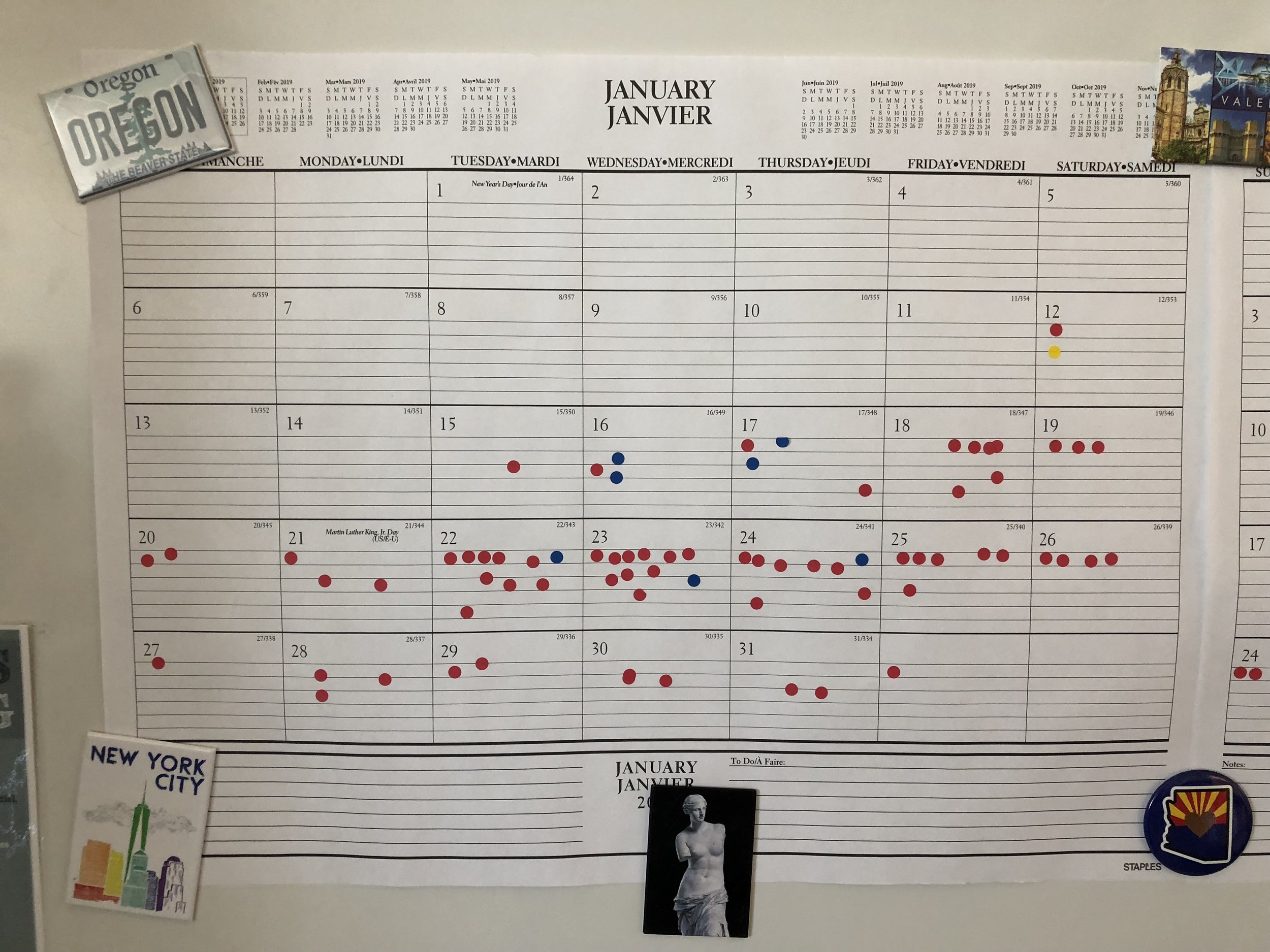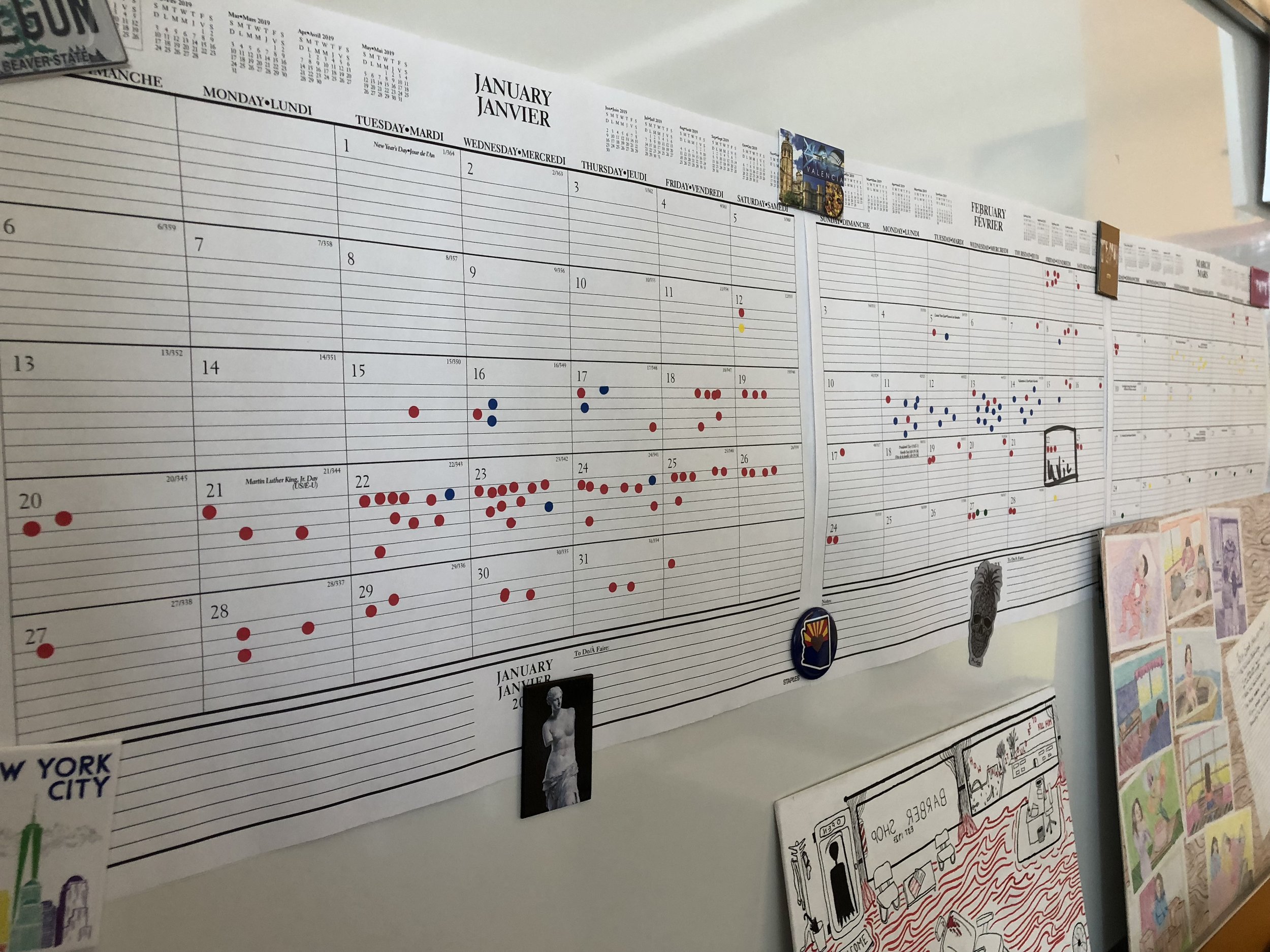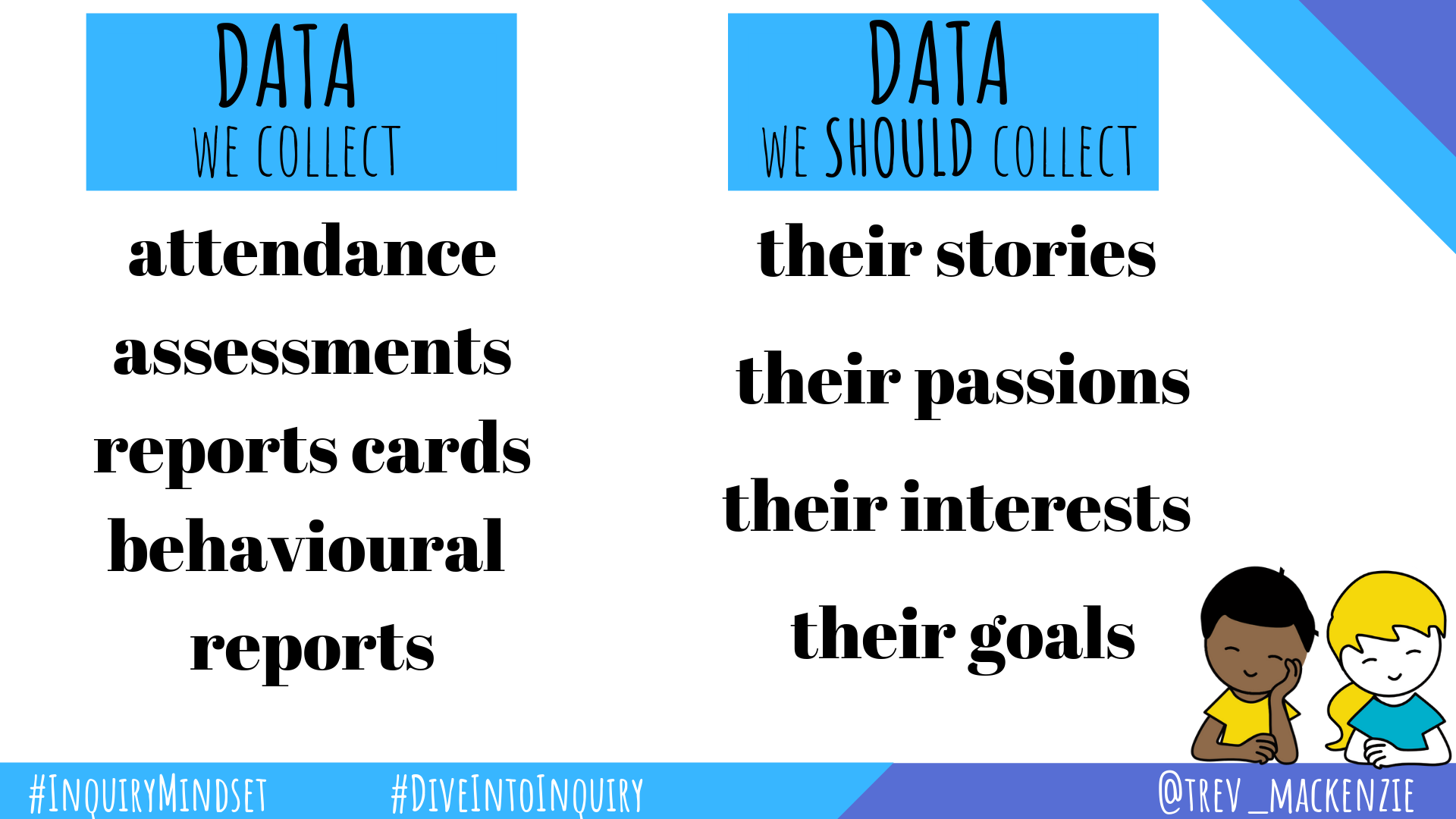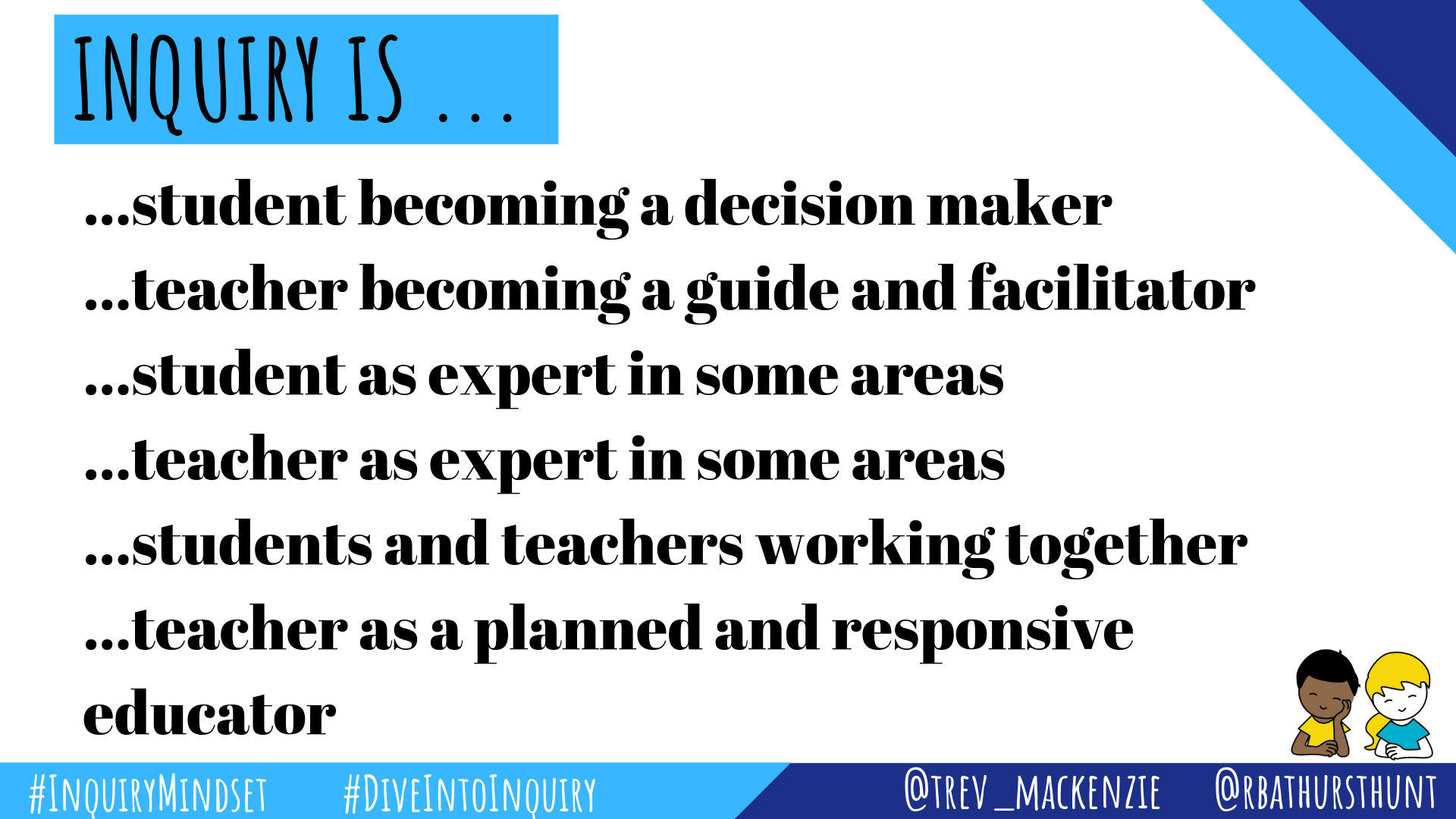This year I finally listened to my students and what they had been saying for years. I heard their voice and decided to do something about it. It led to one small change that made a great impact on my teaching, my students’ learning, and, perhaps most importantly, our emotional and mental wellbeing.
One small change made a great impact on my teaching, my students’ learning, and, perhaps most importantly, our emotional and mental wellbeing.
It began with one conversation we had at the start of the year around wellness. I always focus on building a culture of trust founded on relationship throughout the first weeks of class. I take my time getting into a course so that we, collectively, set the stage for learning. I asked my students to tell me about the worries of being a student and any stress that they felt they were under. My intention was to let them know I care about more than their marks, that I care about them as people, emotionally and mentally healthy people at that.
The conversation was lively! I was incredibly thankful for their honesty and vulnerability. Some of what they shared was:
We have too much on our plates.
Sometimes I have a quiz or test every day of the week.
We are stressed out to the max.
Sometimes if I know there’s nothing due in class, I’ll skip that class to study for something I have due in another class.
And finally: why don’t teachers communicate with one another and plan their due dates and test days together?
So I decided to do something about it. I decided that I needed to commit myself to helping my students navigate our hectic system because the system itself was not going to change for us.
I invested in a desktop calendar (thanks Mel!), the old school tearaway kind that allows you to write and plan out your month at a glance at your desk. Rather than use these on my desk to help me plan out my weeks and months ahead, I would hang them on our classroom wall and ask student to help plan our time together with a specific eye on assessments and due dates. I provided sticker dots and proposed that students stick one on days that they are busy, that they have a quiz or test in another class, that they have an assignment due, or that they just anticipate would be a stressful time. This is what a few months looks like:
I told them that our obligation, together, would be to plan our work and assessments around the busyness and stress that we would see surface in the calendars. We adopted due date windows rather than a specific due date. What are due date windows? As opposed to me selecting a due date that meets my needs as the educator planning out the year and units of study, I would ask students to turn in their assessments within a span of time (typically a week) that would allow them to plan their workflow according to how busy their own individual week was and in the process better meet their needs.
This shift proved transformational. As the yer progressed we witnessed several benefits emerge:
My marking load became manageable. Rather than taking in an entire class of assessments on one day, my marking became more of a constant trickle throughout the due date window. It was something I would tackle each day with an energy that allowed me to provide clear and timely feedback to each student.
My students appreciated that they could prioritize their studying and workflow. Some classes do a lot of quizzes and tests. Some do a lot of project work. Some do a lot of public speaking and presenting. By giving my students agency over their due dates in our class I was actually giving them agency over being successful in their learning across all of their classes.
We all felt better. We all reflected that our class was the least stressful of all of the classes in our schedule. Students shared that they are often asked in school about their stress levels and how they are feeling but rarely is anything done about it. In this case, being asked actually led to some changes that impacted their wellbeing. How cool is that?
Consider how you can make this shift in your own classroom. Providing voice in assessment seems like a huge shift but it doesn’t need to be. Talk with your students about their learning and their wellbeing. Provide time on the important stuff first, that students feel honoured and safe in learning. Trust me, amazing stuff awaits!














